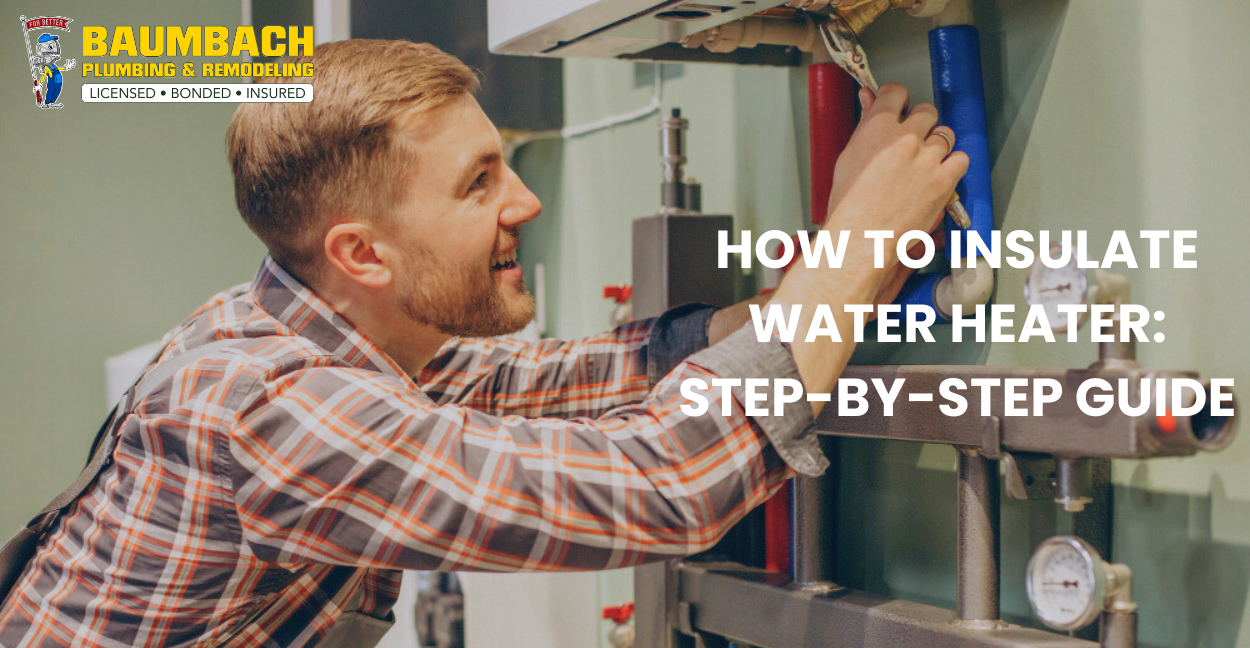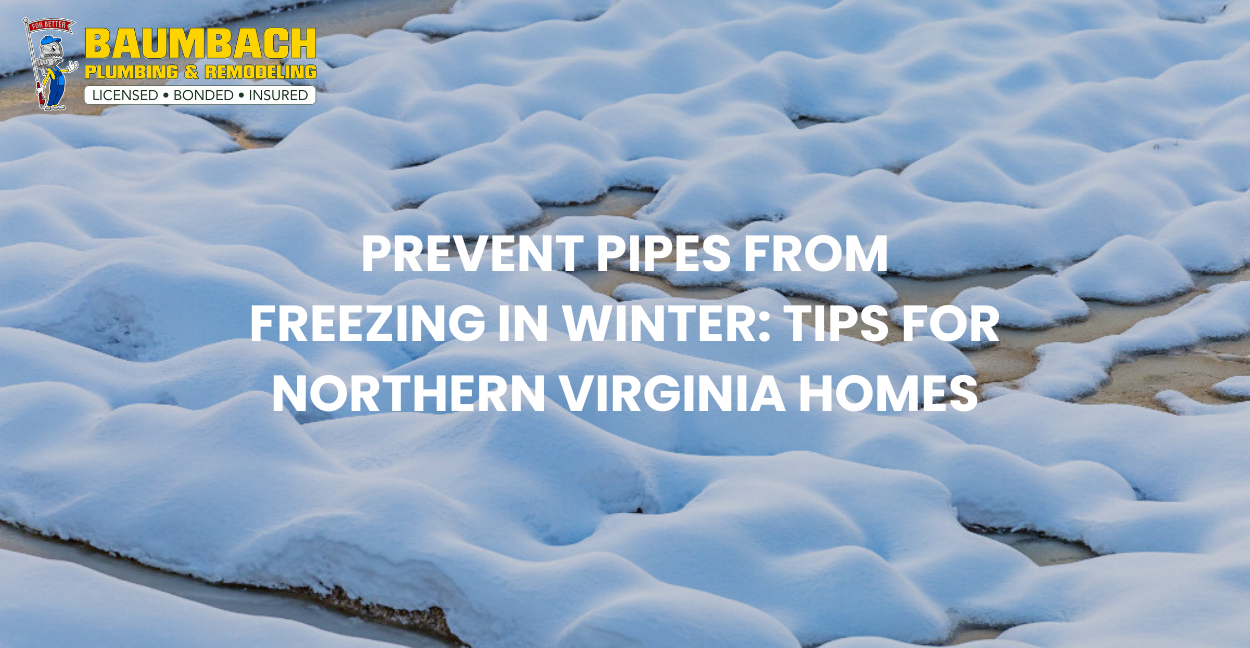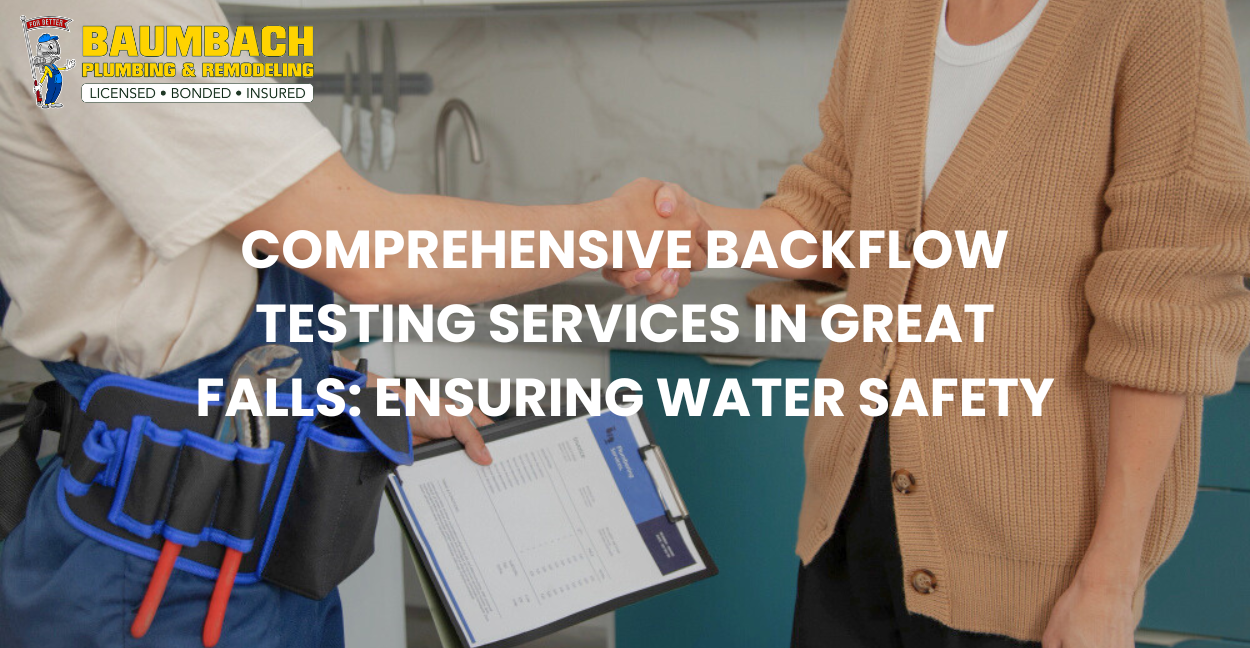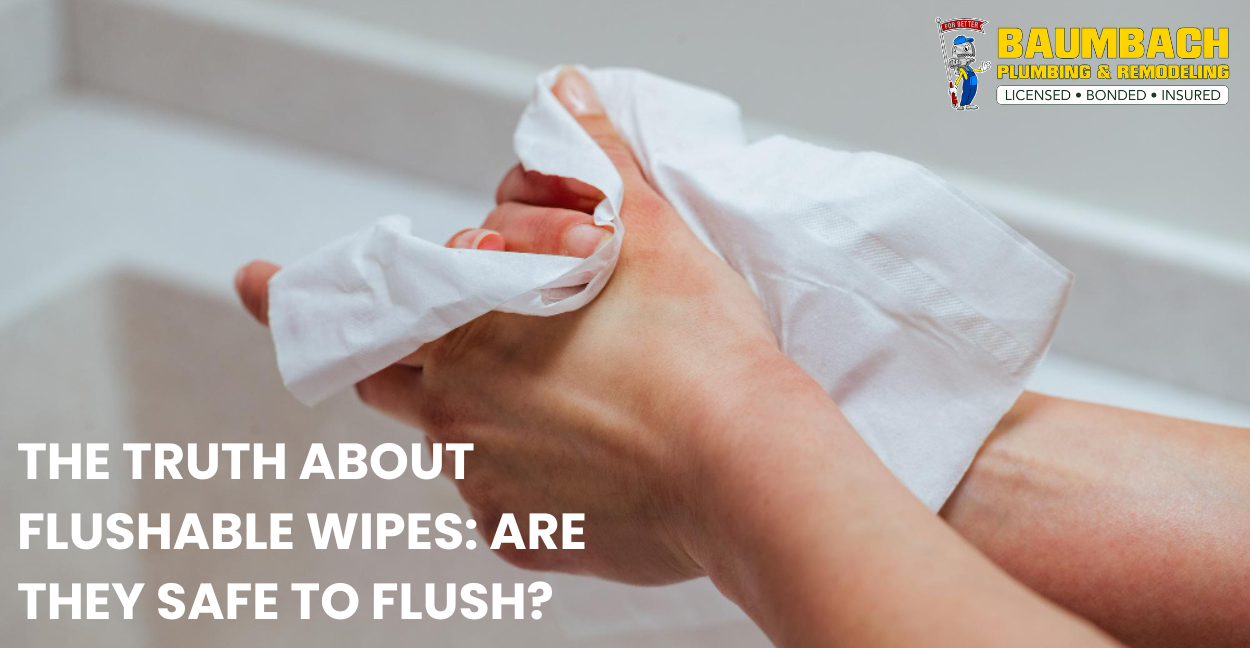Insulating water heaters is a simple yet effective way to reduce energy consumption and lower your utility bills. In this comprehensive guide, we’ll walk you through the steps on how to insulate water heater, the materials you’ll need, common mistakes to avoid, and answer frequently asked questions.
Step-by-Step Guide to Insulating Your Water Heater
Step 1: Prepare the Area
Before you begin, ensure the following:
- Turn off the power supply to the water heater to prevent any electrical accidents.
- Allow the water heater to cool down if it has been recently used to avoid burns or injuries.
- Clean the exterior of the water heater thoroughly to remove dust, dirt, or any obstructions.
Step 2: Measure and Cut the Insulation Blanket
- Measure the height and circumference of your water heater using a measuring tape.
- Use these measurements to cut the insulation blanket to the appropriate size using scissors. Make sure to leave extra material for wrapping around the tank.
Step 3: Wrap the Insulation
- Begin wrapping the insulation blanket around the water heater, starting from the top.
- Ensure that the blanket covers the sides and top of the tank completely, leaving no gaps or exposed areas.
- Use duct tape to secure the insulation blanket in place, ensuring a snug fit and preventing it from slipping or sagging.
Step 4: Secure the Insulation
- Trim any excess material from the insulation blanket using a utility knife for a neat finish.
- Check for any loose ends or gaps in the insulation and secure them with additional duct tape if necessary.
- Avoid covering the water heater’s controls, vents, or other important components with insulation to prevent malfunctions or safety hazards.
Step 5: Reconnect and Test
- Once the insulation is securely in place, reconnect the power supply to the water heater.
- Test the water heater to ensure that it is functioning properly with the new insulation.
- Monitor the water temperature and performance over the next few days to verify the effectiveness of the insulation.
By following these step-by-step instructions, you can effectively insulate your water heater and improve its energy efficiency. Proper insulation not only reduces energy consumption but also extends the lifespan of your water heater, saving you money in the long run. Don’t forget to perform regular maintenance checks to ensure optimal performance and safety.
Understanding Insulation Materials
Insulation materials serve as barriers that prevent the transfer of heat, cold, or sound. The choice of insulation material depends on factors such as the climate, building structure, and budget. Common insulation materials include:
1.) Fiberglass Insulation:
- Fiberglass insulation is made from fine glass fibers and is available in batts, rolls, or loose-fill form.
- It is commonly used in walls, attics, and crawl spaces due to its effectiveness in resisting heat transfer.
2.) Foam Board Insulation:
- Foam board insulation is rigid and made from polystyrene, polyurethane, or polyisocyanurate.
- It is suitable for insulating exterior walls, roofs, and foundation walls, providing high thermal resistance.
3.) Cellulose Insulation:
- Cellulose insulation is made from recycled paper products treated with fire-retardant chemicals.
- It is often blown into wall cavities or attics and offers good thermal performance.
4.) Mineral Wool Insulation:
- Mineral wool insulation is made from natural rock or slag fibers and is available as batts or loose-fill.
- It is fire-resistant and provides excellent soundproofing properties, making it ideal for walls and ceilings.
Essential Materials for Insulation Projects
1.) Insulation Blankets or Rolls:
- Insulation blankets or rolls are commonly used for insulating walls, floors, and attics.
- They come in various R-values (thermal resistance) to suit different climate conditions.
2.) Vapor Barrier:
- A vapor barrier is a moisture-resistant material installed on the warm side of insulation to prevent condensation and mold growth.
- It is crucial in humid climates or areas with high moisture levels.
3.) Sealants and Caulks:
- Sealants and caulks are used to seal gaps, cracks, and joints in building envelopes to prevent air leakage and improve energy efficiency.
4.) Protective Gear:
- When handling insulation materials, it’s essential to wear protective gear such as gloves, goggles, and masks to avoid skin irritation or respiratory issues.
Contact Us for Expert Insulation Services Book Your Free Consultation Today and Enhance Your Home’s Energy Efficiency.
The Importance of Water Heater Insulation
Water heater insulation plays a pivotal role in the overall energy efficiency of a home or building. Here’s why it’s crucial:
Energy Conservation
Insulating your water heater significantly reduces heat loss. When hot water sits in the tank, it naturally loses heat to the surrounding environment. Insulation acts as a barrier, slowing down this heat loss process. As a result, your water heater doesn’t have to work as hard or as frequently to maintain the desired water temperature. This translates to lower energy consumption and reduced utility bills.
Cost Savings
The direct impact of reduced energy consumption is cost savings. With a well-insulated water heater, you’ll notice a decrease in your monthly energy bills. Over time, these savings can add up significantly, making water heater insulation a cost-effective investment.
Extended Equipment Lifespan
Heat is not only lost to the environment but also to the surrounding materials of the water heater itself. Without proper insulation, this heat loss can contribute to wear and tear on the water heater components. By insulating the tank, you reduce the strain on the heating elements and other parts, thereby extending the lifespan of your water heater. This means fewer repairs and replacements, saving you money in the long run.
Environmental Impact
Energy conservation isn’t just about saving money; it’s also about reducing your carbon footprint. Lower energy consumption means less reliance on fossil fuels or other energy sources, leading to a greener and more sustainable lifestyle. Insulating your water heater is a small yet impactful step towards environmental conservation.
Consistent Water Temperature
Insulation helps maintain a more consistent water temperature inside the tank. This is particularly beneficial in cold climates where water heaters may struggle to keep up with demand. With proper insulation, you’ll experience fewer fluctuations in water temperature, ensuring comfort and convenience.
Compliance and Safety
In some regions, there may be building codes or regulations that require water heater insulation for energy efficiency compliance. Additionally, insulated water heaters are safer as they reduce the risk of accidental burns from hot surfaces.
Common Mistakes to Avoid
While understanding the importance of water heater insulation is crucial, it’s equally important to be aware of common mistakes that homeowners often make. Avoiding these mistakes can ensure that your insulation efforts yield maximum benefits:
Using Incorrect Insulation Material: Not all insulation materials are suitable for water heaters. Using the wrong type of insulation or a material that is not designed for high temperatures can lead to ineffective insulation and potential safety hazards.
Incomplete Insulation Coverage: Insulation should cover the entire surface of the water heater, including the top, sides, and bottom. Leaving gaps or exposed areas can result in heat loss and reduced energy efficiency.
Poor Installation Techniques: Improper installation of insulation, such as loose or sagging insulation blankets, can compromise its effectiveness. It’s essential to follow manufacturer guidelines and ensure a tight and secure fit during installation.
Blocking Vents or Controls: Insulation should not obstruct vents, controls, or other essential components of the water heater. Blocking these areas can interfere with ventilation and heating functions, leading to performance issues.
Neglecting Regular Maintenance: Insulation is just one aspect of water heater efficiency. Neglecting regular maintenance, such as flushing the tank, checking for leaks, and adjusting temperature settings, can undermine the benefits of insulation.
Ignoring Safety Precautions: When installing or working with insulation materials, it’s essential to prioritize safety. This includes wearing appropriate protective gear, such as gloves and goggles, and following safety guidelines to prevent accidents or injuries.
Not Consulting Professionals: While DIY insulation projects are feasible, complex or large-scale installations may require professional expertise. Consulting with insulation professionals ensures proper installation, compliance with regulations, and optimal energy savings.
FAQs About Insulating Water Heaters
Why is water heater insulation important?
Water heater insulation reduces heat loss, leading to energy savings and lower utility bills.
Can I insulate my water heater myself?
Yes, with proper guidance and safety precautions, you can insulate your water heater as a DIY project.
What materials do I need for water heater insulation?
Commonly used materials include insulation blankets, foam sleeves, and reflective barriers.
Will insulating my water heater void its warranty?
In most cases, properly installed insulation will not void your water heater’s warranty. However, it’s recommended to check with the manufacturer.
How often should water heater insulation be replaced?
Insulation materials can last for several years, but it’s advisable to inspect and replace insulation if it shows signs of wear or damage.
About Baumbach Plumbing & Remodeling
Looking for reliable plumbing services? Baumbach Plumbing & Remodeling is here to help! With years of experience serving Alexandria(VA), Arlington(VA), Fairfax Station(VA), McLean(VA) and many more areas. We offer a wide range of plumbing solutions to meet your needs. From routine maintenance and repairs to new installations and emergency services, our team of skilled professionals is dedicated to providing top-notch service and ensuring customer satisfaction. Contact us today to schedule an appointment or learn more about our services. Let us take care of your plumbing needs so you can enjoy peace of mind knowing your home or business is in good hands.






